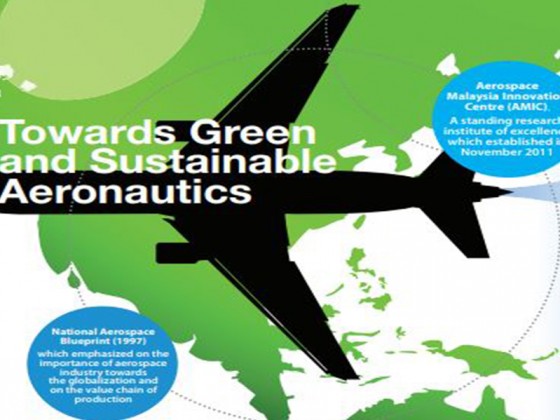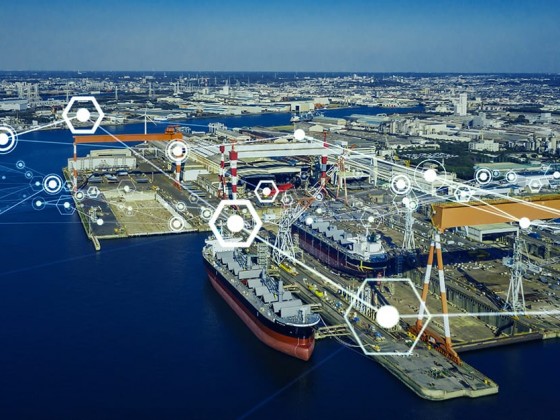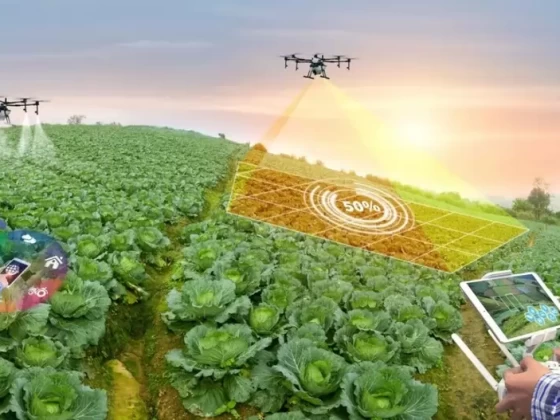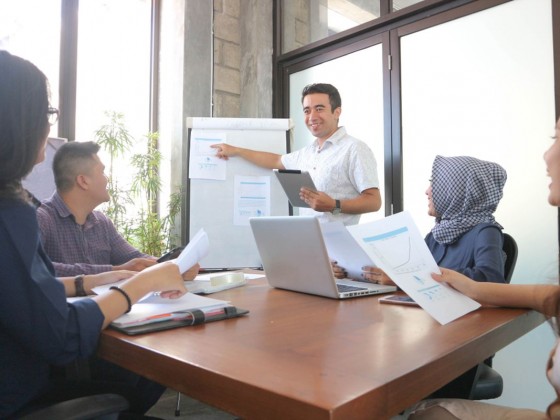by | Puvaneswari Ramasamy, Managing Director
Resolved to enter the world’s exclusive club of “developed” countries by 2020, the Government is already on the fast lane to be at the forefront of advances in pioneering high value green chemicals bioreinery through coordinated aggregation based on the unique business model by MYBiomass Sdn. Bhd.
This company is a special purpose vehicle under the Malaysian Biomass Initiative (MBI) through the Global Science and Innovation Advisory Council (GSIAC) which was endorsed by the Malaysian Prime Minister, Y.A.B Dato’ Sri Mohd Najib Tun Abdul Razak.
During the 2nd GSIAC meeting in New York last May, Felda Global Ventures Holdings Berhad (FGVH), Sime Darby Berhad and Malaysian Industry-Government Group for High Technology (MIGHT) have agreed on Testing and Technology Adaptation Collaboration through MYBiomass Sdn Bhd to conduct tests in converting oil palm biomass into green chemicals building blocks. FGVH and Sime Darby will each own a 40 percent stake in MYBiomass Sdn Bhd while MIGHT takes up the remaining 20 percent stake. The plaque signing ceremony by Prime Minister was joined by Felda Global Ventures Holdings Berhad Group President/Chief Executive Officer Dato’ Sabri Ahmad, Sime Darby Bhd. President and Group Chief Executive Dato’ Mohd Bakke Salleh, MIGHT President and CEO Mohd Yusoff Sulaiman as well as MYBiomass Sdn Bhd Managing Director, R.Puvaneswari.
MYBiomass will be a focal point in supplying biomass and providing intermediate opportunities between suppliers, technology providers, and downstream users.

The collaboration is a testament to the commitment of two of Malaysia’s biggest plantation conglomerates in championing the MBI, which was advocated through the GSIAC and endorsed by the Hon. Prime Minister towards the advancement of the biomass industry in Malaysia. MIGHT and MYBiomass Sdn. Bhd. were instrumental in successfully implementing a unique and workable Public-Private Partnership (PPP) model. MBI is expected to make a substantial contribution to the production of potentially high value green chemicals for local and international downstream users. Such effort is expected to possibly benefit industries including pharmaceuticals, materials and energy.
MBI also addresses the potentials of moving up the value chain in the biomass industry by promoting sustainable supply of biomass feed stock to end users at competitive cost. Even though the country is expected to be rich in biomass, the availability and accessibility however has become a serious challenge, especially in moving up the value chain of biomass profitability. And, although there are many other sources of biomass available in Malaysia, oil-palm based biomass will be the initial focus.

With this unique model, MYBiomass will be a focal point in supplying biomass and providing intermediate opportunities between suppliers, technology providers, and downstream users. This noble initiative blends well with the involvement and great support by the GSIAC international members in the development of MYBiomass’s role within the context of MBI. This include council members Roger Wyse, Managing Director of Burril and Co. also co-chair of Malaysian Life Sciences Fund (MLSF), Anthony J.Sinskey, Professor of Biology, Health Sciences & Technology at Massachussets Institute of Technology (MIT) as well as Aalt Dijkhuizen, Chairman of the Wageningen University and Research Centre (WURC).
This initiative also has been supported by MOSTI, KeTTHA, MOF, EPU, MIDA, MPOB, SIRIM, BiotechCorp, AIM and academia. In developing an economical supply-chain, MYBiomass Sdn Bhd also conducts studies on many parts of the value-chain such as preliminary market studies, aggregation test-runs, testing on conversion technologies, biomass-removal studies and many others.
Following the MBI model, MYBiomass business model includes policy makers in providing a conducive environment for the growth of the industry such a relevant monetary incentives and infrastructure supports. It requires the involvement of key Ministries, agencies, academia, and authorities from relevant economic corridors. Apart from being a purely business-driven model, the framework also outline capacity-building elements to local parties such as academia, and local research institutions. Unlike other profit-based business models, a mature MBI supply-chain is also expected to have spill-over benefit to local SMEs. Thus, having both a holistic and focused business approached at the same time, the model is a uniquely workable given the full support of all the mentioned parties.
Last May, MYBiomass has shipped 12 tonnes of oil palm biomass to a pilot plant facility in Italy, which is part of the initial stages of testing collaboration. The joint venture is currently studying and evaluating process feasibility of converting oil palm biomass into green chemical building-blocks. The selection of an Italian-based technology partner was based on commercial readiness and scale of production. The first batch of shipment comprises 12 tonnes empty fruit bunch pellets, to be followed by fronds and trunks. The initial collaboration that has brought two of the biggest oil palm plantation companies in the world into an alliance represents a potential for a much bigger cooperation in the near future that can create and transform the entire green industry in Malaysia.
The shipment to a leading foreign technology provider is intended for pilot-scale testing on the conversion of oil palm biomass. The Malaysian feedstock will be tested for its suitability for use in the production of sugars which could be processed further into high-value green chemicals. Currently, much of Malaysia’s oil palm industry is dedicated to the production of Crude Palm Oil (CPO). However, coordinated aggregation of biomass and pioneering of high value green chemical biorefinery could lead to a substantial boost in productivity and value creation in the sector. This has a 360 degree impact on everything from jobs in plantations to downstream activities in logistics and transportation and, perhaps most importantly, new, high-value, knowledge-based growth in these science and technology related fields of the bio-economy. Besides harnessing economic opportunities, this initiative will also create research potential and promote the development of human capital in the country.
As the focal point for biomass feedstock aggregation and supply, MYBiomass will also act as a long-term purchaser of oil palm biomass and brings biomass to market for further optimisation of the resources by moving it into higher value processes. It is also expected to contribute substantial revenue to gross national income from industrial chemical, product manufacturing and green chemical sectors while addressing environmental issues at the same time.











